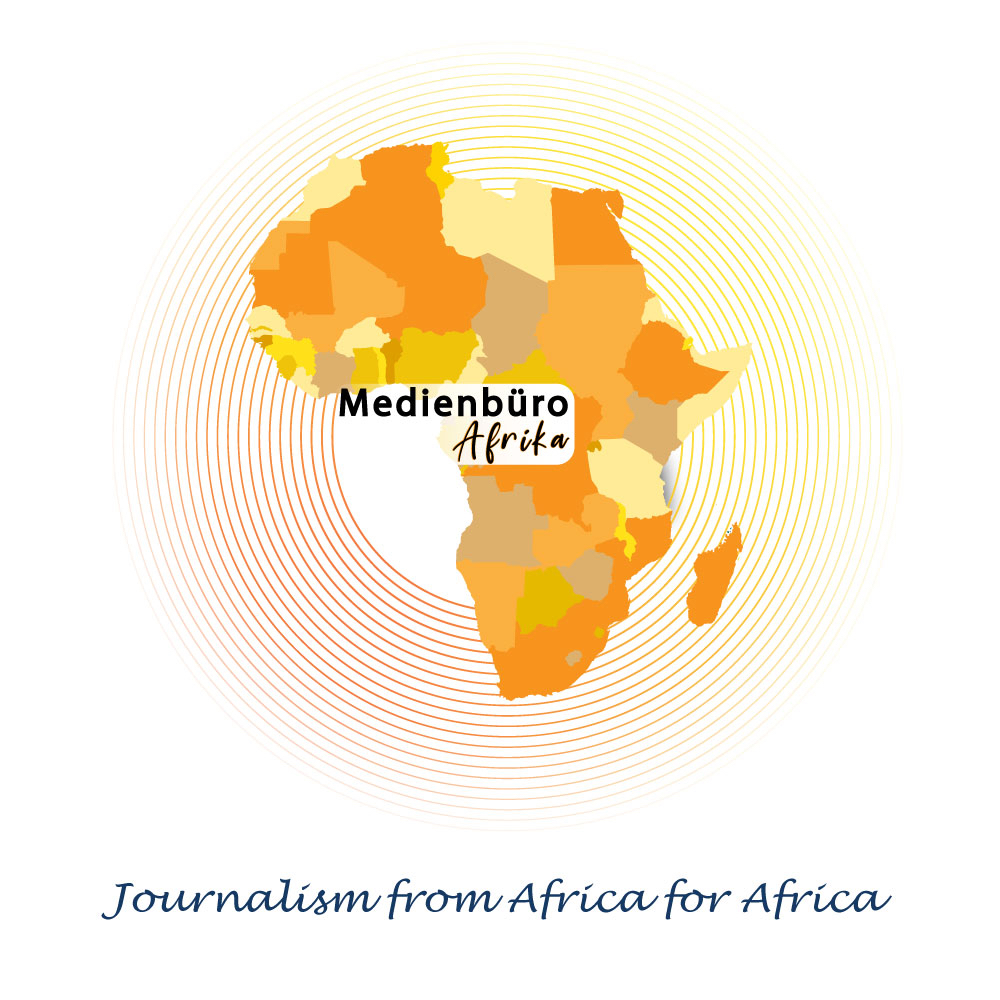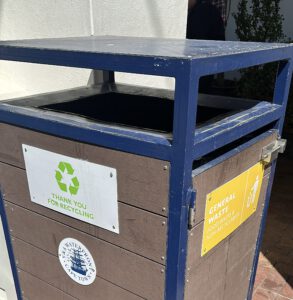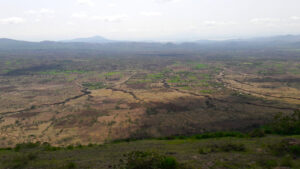Who is Damilola Oguntade?
Damilola Oguntade is a new-generation global impact leader with a specialization in International Law, Sustainability and Governance. Overtime, Damilola has developed his research competence and leadership profile in policy, sustainability and environmental advisory and practice through his internship and consultancy positions at the Nigerian Economic Summit Group (NESG) in 2019, the pioneer World Business Angels Investment Forum (WBAF) Nigeria Country Office in 2020/21 and the Sustainability Directorate at Lafarge Africa Plc in 2020/21.
Given his professional background and experiences from having lived, studied and worked/travelled within some major cities and suburbs in Africa, Europe, and Eurasia, Damilola understands that energy is the foundation of any country or region’s development and as such he is keen to promote improved cooperation between Africa and Europe in the fields of renewable energy and green hydrogen partnerships and projects between both regions. He has delivered a panel intervention on the new dimensions for driving forward the EU-Africa Partnership with sectoral focus on raw materials, agriculture and the automotive industry at an Advocacy Seminar organized by the United Europe e.V at ESMT, Berlin, Germany in July 2022.
Damilola has also engaged with industry leaders in the world of green energy as a delegate at the 12th Dii Desert Energy Leadership Summit in Cairo, Egypt, prior to the United Nations Climate Change Conference (UNFCCC) COP27; the 9th Berlin Energy Transition Dialogue, Federal Foreign Office, Germany, 2023 and the World Hydrogen Summit and Exhibition at Rotterdam Ahoy, the Netherlands, 2023. He represented the Africa-Europe Foundation as a youth delegate at the UNFCCC, COP27 in Sharm el-Sheikh, Egypt where he delivered an intervention on a panel chaired by Alok Sharma, COP26 President at the UK Pavilion on the role of his organization, the Next Gen. Global Frontier, in positioning youth as the centre of bridging the implementation gaps in high-level climate and sustainability agreements into local-level impact and implementation.
In his free time, he enjoys listening to music, especially Afrobeats, playing drums and meeting and interacting with new people.
What are you busy with?
I am engaged in a policy project at the United Europe e.V. which looks at Africa-Europe Clean Energy Partnership: Shifting Gears from Policy Objectives to Ground Projects. Specifically, under the supervision and mentorship of Paul van Son, President Dii Desert Energy, I am currently developing a viable business case for Kenya-Germany Green Hydrogen Partnership which looks at the strategic steps and actions to be taken for Kenya to venture into the emerging green hydrogen market and begin export to Europe. This project could be helpful in informing other African countries with abundant renewable energy resources in developing their green hydrogen strategies and implementation pathways.
Simultaneously, I am finalizing a Master’s thesis focused on “Reconciling the Competing Energy Transition Priorities between Europe and Africa: Towards a Paris-Aligned Energy Partnership with South Africa”. The recommendations and insights from this thesis will be relevant in my professional engagements moving forward.
What do you think about renewables in Africa?
Africa’s renewable energy resources are vital to achieving emission-free energy transition globally. Unlike fossil fuels, they provide enormous opportunities for the continent’s economic diversification, peace and climate-compatible development both in the present and the near future. Hence, it is important that Africa’s wind, solar, geothermal, and hydro resources are properly utilized and managed because they constitute not only the continent’s assets to becoming globally competitive but also represent the keys to the clean energy future that the world needs for its sustainability.
What do you think about green hydrogen from Africa?
Green hydrogen (GH2) is a vital component of the global transition to clean energy pathways. Africa’s abundant and affordable renewable energy resources and wide expanse of land space position it as a key player in this transition. This is demonstrated by the number of green hydrogen partnerships and projects being formed and executed between Europe and Africa.
Asides from the projects taking off in North Africa, Egypt and Morocco, several countries in West and South Africa with leading green hydrogen potentials are beginning to consider GH2 as an alternative fuel with exponential growth and market potentials.
How can the EU and Africa work together on green hydrogen?
Beyond the several GH2 partnerships’ Memorandum of Understandings (MoUs) being signed, Power-to-X GH2 baseline studies and summits held, I believe decisions makers within the EU and Africa must begin to consolidate their efforts with those of the industry off-takers and initiatives involved in developing the value chains from local production and use, to infrastructure investments to trade between regions.
What has to happen so that green hydrogen can reach Europe from Africa?
Using the Kenya-Germany GH2 business case I am currently working on as an example, there is a need to, first of all, develop the pilot projects which are set to kick off by 2025 and then begin to invest in the transport infrastructure (e.g. shipping routes and pipelines where necessary) to export this green hydrogen from Kenya to Germany. Also, apart from ensuring simplified domestic policy frameworks, both countries would have to establish a mutually-defined and beneficial rules-based system for a smooth GH2 trade. I believe lessons from a successful GH2 partnership, in this case, would be a useful guide to future partnerships and particularly to other African countries with leading GH2 investment landscapes like Senegal, Namibia, Nigeria, South Africa etc. currently developing and/or advancing their GH2 Strategy/Roadmap.
What happens to the people in Africa without access to electricity?
Enabling access to clean and affordable energy for the people in Africa with little or no access to electricity remains a significant challenge which needs a comprehensive solution for it to be resolved. Huge investments in clean energy infrastructure, zero-emission energy solutions and entrepreneurial initiatives of young people as well as securing the right investments from development partners will go a long way in ending energy poverty and creating clean electric power industries that can create jobs and support the well being of people in this region.
In the context of green hydrogen, African countries currently venturing into the green hydrogen market must ensure that their national strategies and partnership deals prioritize local production and value addition on the continent so much so that this leverages and advances the strengths of the African Continental Free Trade Area (AfCFTA) Agreement for future intra-African green hydrogen trade and use in the energy mix to service people on the continent in dare need of sustainable energy access.
Interview by Dr. Thomas Isenburg / presse@thomas-isenburg.de
Linked in Damilola Oguntade
https://www.linkedin.com/in/damilola-m-oguntade-64abb618b/




